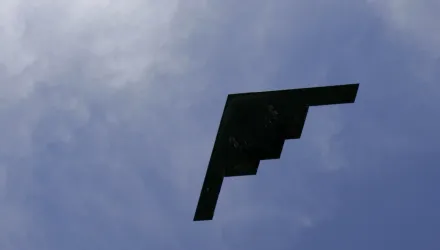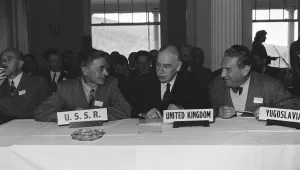International Security is America's leading peer-reviewed journal of security affairs.
Summary
Peaceful nuclear cooperation-the transfer of nuclear technology, materials, or know-how from one state to another for peaceful purposes-leads to the spread of nuclear weapons. In particular, countries that receive peaceful nuclear assistance are more likely to initiate weapons programs and successfully develop the bomb, especially when they are also faced with security threats. Statistical analysis based on a new data set of more than 2,000 bilateral civilian nuclear cooperation agreements signed from 1950 to 2000 lends strong support for this argument. Brief case studies of the Indian and Pakistani nuclear weapons programs provide further evidence of the links between peaceful nuclear assistance and proliferation. The finding that supplier countries inadvertently raise the risks of nuclear proliferation poses challenges to the conventional wisdom. Indeed, the relationship between civilian nuclear cooperation and proliferation is surprisingly broad. Even assistance that is often viewed as innocuous, such as training nuclear scientists or providing research or power reactors, increases the likelihood that nuclear weapons will spread. "Proliferation-proof" nuclear assistance does not exist. With a renaissance in nuclear power on the horizon, major suppliers, including the United States, should reconsider their willingness to assist other countries in developing peaceful nuclear programs.
Fuhrmann, Matthew. “Spreading Temptation: Proliferation and Peaceful Nuclear Cooperation Agreements.” Summer 2009





